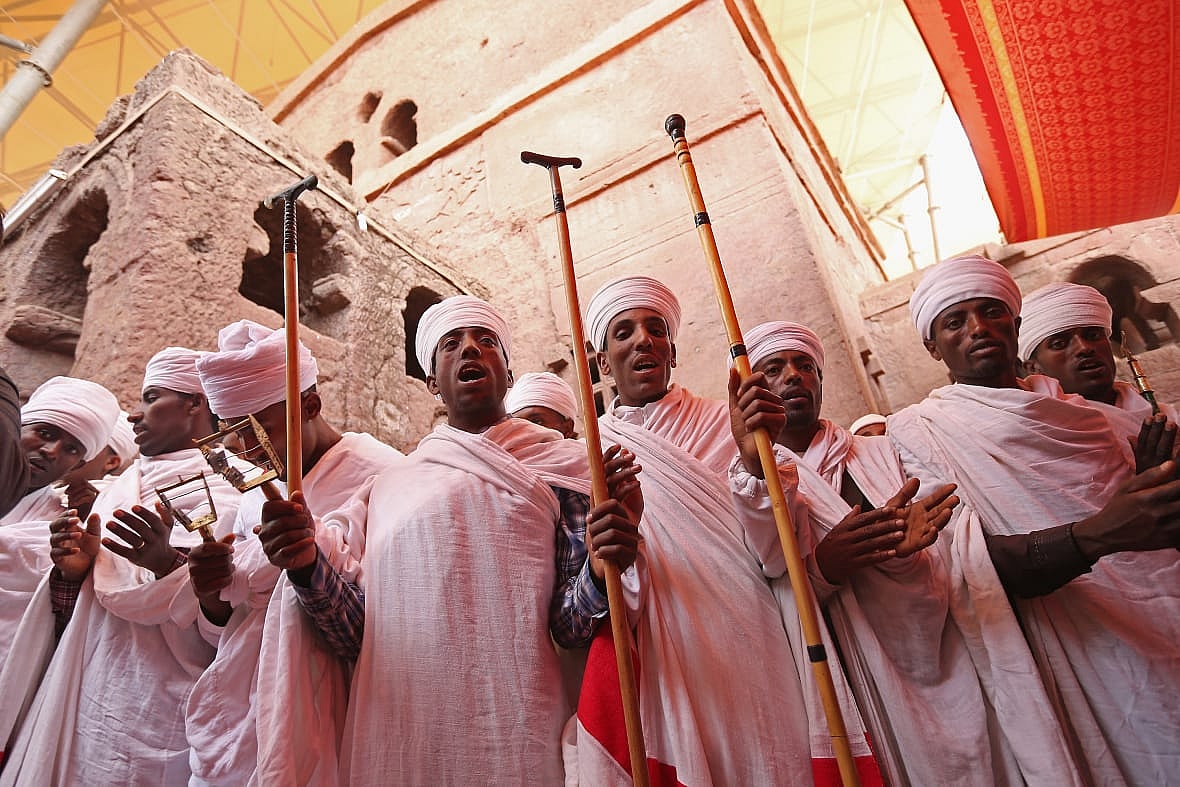Widespread tensions caused by a rift within Ethiopia’s Orthodox Christian church have resulted in the suspension of access to social media platforms including TikTok, Facebook and Telegram.
The internet observatory NetBlocks confirmed social media platforms had been “restricted in Ethiopia amid anti-government protests” as of Thursday evening.
The church, which recently denounced a splinter group in the country’s largest region as “illegal,” has accused Ethiopia’s government of interfering in its affairs. It has threatened to go forward with a rally on Sunday despite a government warning. Social media users were calling on church followers to take part.

The division within the church, followed by the majority of Ethiopia’s more than 110 million people, came after church members in Oromia declared a new synod on Jan. 22, claiming a need to exercise their faith in local languages. The church ex-communicated several church officials who participated in the split.
Prime Minister Abiy Ahmed has urged church members to solve their differences and said the government will not get involved. But many followers of the church are accusing the prime minister, an ethnic Oromo and a Protestant, of undermining the church and siding with the breakaway synod.
On Friday, the church said talks were ongoing between Abiy and the church patriarch over the controversy that has engulfed many parts of the country.
Earlier in the week, several dozen cities and towns, mostly in Oromia and the outskirts of the capital, Addis Ababa, saw sometimes violent rallies.
On Friday, the government-appointed Ethiopian Human Rights Commission said at least eight people were killed by security forces in Shaashamane in the Oromia region on Saturday. It said many people were arrested.
The government in a statement Thursday accused unnamed groups of aiming to “shake the government using armed violence.” It said the government has begun “bringing to justice (those) who are taking part in the movement.”
TheGrio is now on your TV via Apple TV, Amazon Fire, Roku, and Android TV. Also, please download theGrio mobile apps today!

